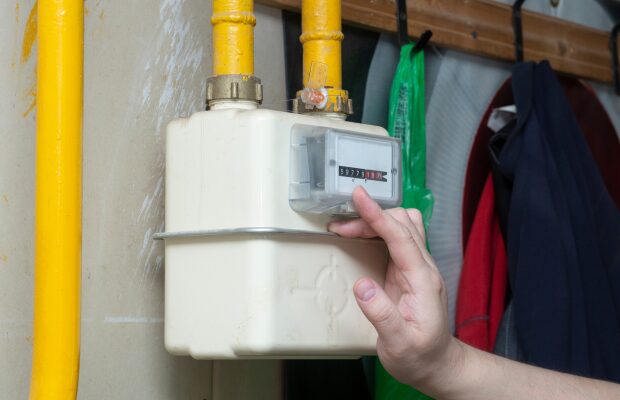If you’re a leaseholder, you’re probably familiar with the term ‘ground rent’. But what exactly is the purpose of ground rent, and how does it affect you? Let’s take a look at what ground rent is, its legalities, and its impact on property value.
Contact your local Ellis & Co branch for expert advice and guidance.
Understanding ground rent
Ground rent is essentially the fee that a leaseholder pays to the freeholder of a property for the right to occupy the land that their property is built on. The lease agreement specifies the amount of ground rent a leaseholder must pay, the frequency of the payments, and any clauses related to future increases.
Related: Selling a flat with a short lease
Legal aspects of ground rent
A variety of laws and regulations designed to ensure fair practices govern ground rent.
The Leasehold Reform Act 1967 gives leaseholders the right to buy the freehold or extend their lease under certain conditions. Since 2002, leaseholders have had the right to manage their own properties through Right to Manage (RTM) companies.
In June 2022, the government passed the Leasehold Reform Ground Act with the goal of tackling unfair ground rent practices. This guarantees that most new leases now set ground rent at a nominal ‘peppercorn’ rate, reducing the amount due to freeholders.
Calculating ground rent
The lease agreement’s terms, which specify the initial amount and payment frequency, guide the calculation of ground rent. Typically, the calculation involves either fixed amounts or variable rates that increase over time.
With fixed ground rent, the amount remains the same through the lease term. Variable ground rent may fluctuate based on changes in inflation or market value.
Related: Should landlords buy leasehold or freehold?
Paying ground rent
Ground rent is typically paid by the leaseholder to the freeholder on an annual basis, although the exact payment frequency can vary according to the terms outlined in the lease agreement. Leaseholders usually receive a demand notice from the freeholder detailing the amount due and the payment due date.
It is crucial for leaseholders to pay ground rent on time to avoid late fees or legal action, as persistent payment default can result in serious consequences, such as forfeiture of the lease.
Ground rent disputes
Ground rent disputes can arise between leaseholders and freeholders over various issues related to the amount, frequency, or fairness of ground rent. Leaseholders have the right to take legal action against unfair ground rent terms through the First-tier Tribunal.
How ground rent affects property value
Ground rent can have a significant impact on the value of leasehold properties. Properties with higher ground rents may appear less attractive to potential buyers, and they can affect mortgage eligibility.
Properties with peppercorn ground rent are likely to have a higher market value as they are more desirable due to lower costs in the long run.
Related: Selling a leasehold property: Key considerations
How an agent can help
If you’re a leaseholder, it’s crucial that you enlist the help of a reputable agent when navigating ground rent. They can assist you in understanding lease agreements and obligations, ensuring that you pay the right amount of ground rent.
They can also use their understanding of legislation to help you negotiate fair terms during lease extensions and provide guidance on managing disputes with freeholders over ground rent increases.








